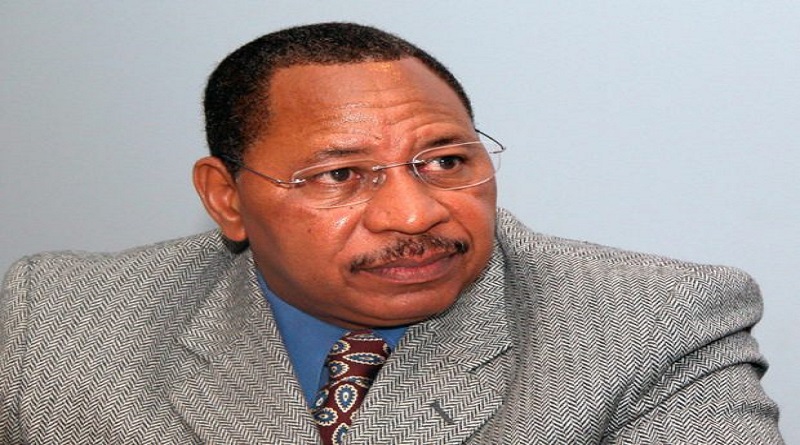Experts to share innovative ways to address climate change
High level experts including the Vice-Chair of the Intergovernmental Panel on Climate Change, Mr. Youba Sokona, former member of the European Parliament, Mr. Anders Wijkman, staff of Masdar Sustainable eco-city project in Abu Dhabi, Ms. Nawal Al-Hosany and Ms. Katharina Tomoff from the Deutsch Post DHL Group will convene in a one-day event during the Bonn climate meeting to share their experiences in stimulating innovation for addressing climate change.
The event that will take place on May 12 will also explore how innovation can significantly boost the deployment of climate technologies at scale.
Organized by the United Nations Framework Convention on Climate Change Technology Executive during the 8-18 May Bonn Climate Change Conference, the event will reinforce the importance of innovation and inspire countries and organizations to enhance their climate efforts.
In recent years, climate technologies have been deployed on an unprecedented scale around the globe. Particularly renewable energy technologies are now often competitive with fossil fuel options. But the global average temperature continues to rise. 2016 was the hottest year on record and the average global temperature is almost 1°C above pre-industrial levels. To achieve the objectives of the Paris Climate Change Agreement, the world needs to deploy climate technologies on a much greater scale and innovation can play a key role.
The Bonn event will draw on the insights of leading innovation experts to highlight how countries are developing innovation policies to transform onto low-carbon and climate-resilient pathways.
The event will also showcase new innovative technologies which are providing solutions in Argentina, China, Germany, India, Jamaica, Kenya, Tanzania and the United Arab Emirates, amongst others.
Such technology solutions can range from drones for monitoring sea-level rise to off-grid solar for delivering lighting to those without electricity access.
The TEC hopes that countries can draw on these solutions to replicate and scale them up in different regions.
For example, farmers in Kenya can now take better care of their crops through an early warning system that alerts communities of potential floods or other risks, thanks to UNEP’s Climwarn project. And Shell has demonstrated that even people playing on a football field can be the source of power generation, developing a technology that transforms footsteps into energy in a Brazilian favela.
The UNFCCC Technology Mechanism works to enhance climate technology action through two complementary bodies: the Technology Executive Committee (TEC) and the Climate Technology Centre and Network (CTCN). The TEC, as the policy arm of the Technology Mechanism, analyses technology policy issues and provides recommendations to support countries in enhancing their climate technology efforts. It consists of 20 technology experts representing both developing and developed countries.



